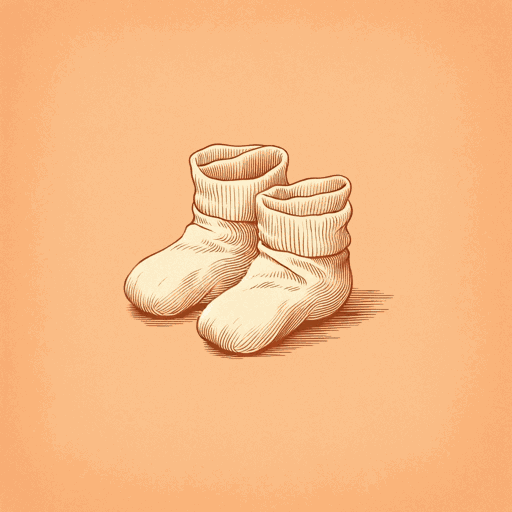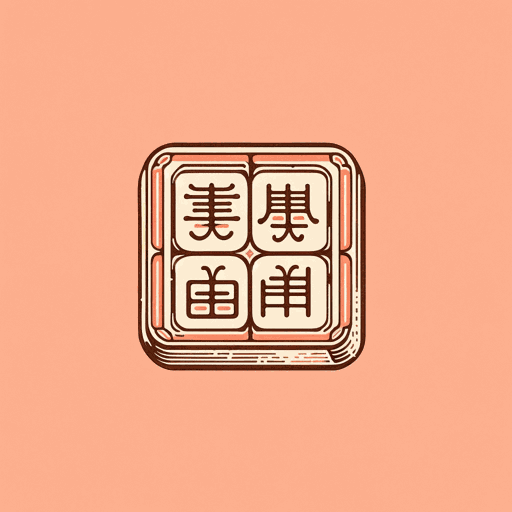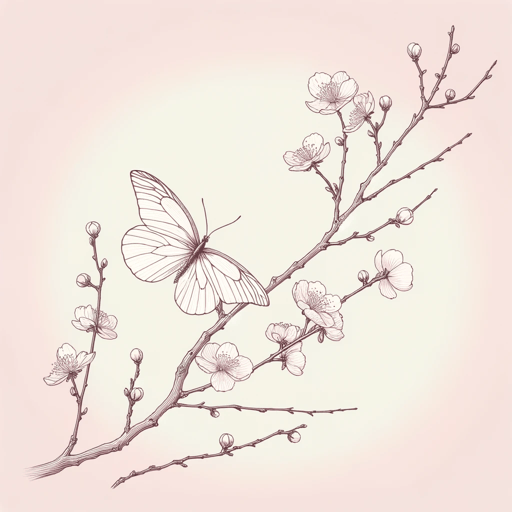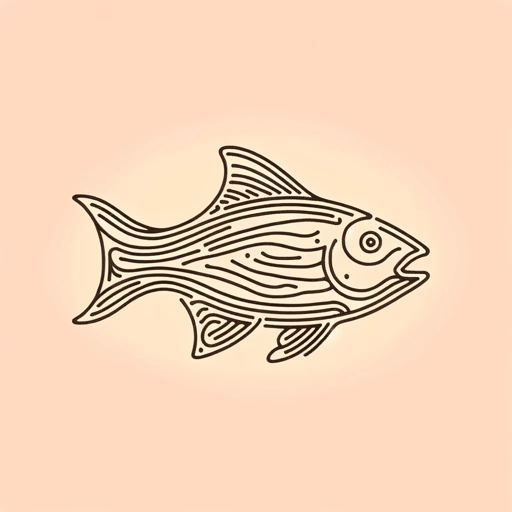23 pages • 46 minutes read
Amy TanFish Cheeks
Fiction | Short Story | Adult | Published in 1986A modern alternative to SparkNotes and CliffsNotes, SuperSummary offers high-quality Study Guides with detailed chapter summaries and analysis of major themes, characters, and more.
Important Quotes
“He was not Chinese, but as white as Mary in the manger. For Christmas I prayed for this blond-haired boy, Robert, and a slim new American nose.”
(Paragraph 1)
In these early sentences, Tan introduces the reader to the two worlds she is straddling: her Chinese heritage and the white American environment. The second sentence also touches on the key theme of the desire to assimilate by establishing Tan’s desire to fit in with this American environment and by describing her wish for more American features.
“What would Robert think of our shabby Chinese Christmas? What would he think of our noisy Chinese relatives who lacked proper American manners? What terrible disappointment would he feel upon seeing not a roasted turkey and sweet potatoes but Chinese food?”
(Paragraph 2)
These rhetorical questions emphasize Tan’s anxious awareness of the cultural differences between her family and Robert’s family. Tan’s anticipation also implies that she imagines an American culture that views Chinese food and traditions as inferior to its own, reinforcing the idea of shame she feels regarding her heritage.
“The kitchen was littered with appalling mounds of raw food: a slimy rock cod with bulging eyes that pleaded not to be thrown in a pan of hot oil. Tofu, which looked like stacked wedges of rubbery white sponges. A bowl soaking dried fungus back to life. A plate of squid, their back crisscrossed with knife markings so they resembled bicycle tires.”
(Paragraph 3)
Tan uses figurative language to vividly illuminate her dismay at her mother’s cooking. The word choice, as well as the use of simile and personification, leave the reader with an unappetizing perspective on the menu, further highlighting Tan’s shame toward her own culture. It also works to demonstrate how Tan’s view of the evening is being filtered by her imagination of what Robert’s family will think.
Related Titles
By Amy Tan

A Pair of Tickets
Amy Tan

Mother Tongue
Amy Tan

Rules of the Game
Amy Tan

Saving Fish from Drowning
Amy Tan

The Bonesetter's Daughter
Amy Tan

The Hundred Secret Senses
Amy Tan

The Joy Luck Club
Amy Tan

The Kitchen God's Wife
Amy Tan

The Valley of Amazement
Amy Tan

Two Kinds
Amy Tan

